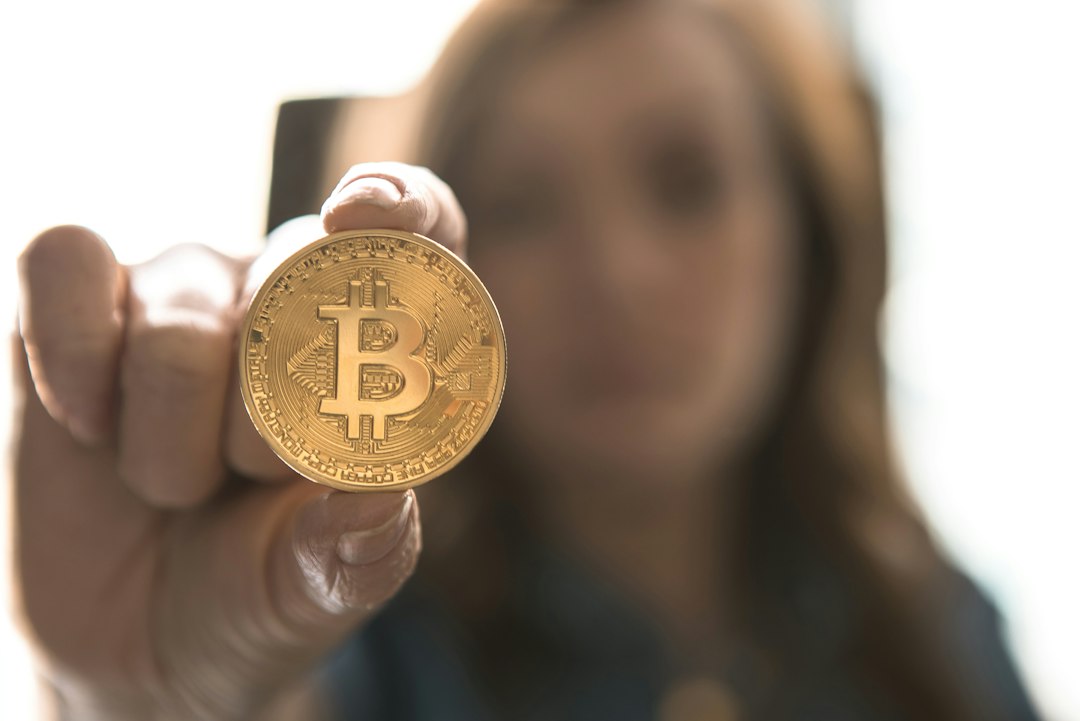Ripple Celebrates Legal Win as LBRY Shuts Down Operations
Ripple has achieved a significant victory in its legal battle against the US Securities and Exchange Commission (SEC), but the news of LBRY’s shutdown has dampened the celebration. On October 19, the SEC announced its intention to dismiss all claims against Ripple CEO Brad Garlinghouse and executive chair Chris Larsen. However, on the same day, LBRY, a major blockchain file-sharing and payment network, announced that it was terminating its operations due to debts owed to the SEC and other parties.
LBRY’s Closure and SEC Lawsuit
LBRY had been sued by the SEC in March 2021 for securities law violations. Despite a reduced penalty from $22 million to $111,000, LBRY decided not to continue its appeal and shut down. This prompted concerns about the damaging effects of the SEC’s actions on the crypto industry.
Contrasting Ripple and LBRY
Commentators noted the disparity in capital between Ripple and LBRY. Ripple’s market capitalization is valued at $27 billion, making it the fifth-largest cryptocurrency, while LBRY credits have a market cap of only $5.5 million. Some argued that Ripple’s financial resources allowed them to fight the SEC more effectively.
The Consequences of SEC Overreach
The LBRY case highlighted concerns about the SEC’s overreach in targeting small companies while failing to prevent major failures like FTX. Pro-XRP lawyer John Deaton criticized the agency, calling it broken and inept.
Continued Litigation for Ripple
Although Ripple executives celebrated their legal win, their litigation with the SEC is not over yet. Industry observers predict further litigation in the penalty phase, as the SEC seeks a substantial amount from Ripple for its institutional sales of over $700 million.
Hot Take: Ripple’s Win and LBRY’s Closure Expose SEC’s Actions
The recent legal victory for Ripple against the SEC is significant, but the shutdown of LBRY due to SEC-related debts has raised concerns about the agency’s impact on the crypto industry. The contrasting financial resources of Ripple and LBRY highlight the challenges faced by smaller companies in defending themselves against regulatory actions. This case underscores the consequences of SEC overreach and raises questions about the agency’s effectiveness. While Ripple celebrates its win, there is still more litigation ahead, indicating that the battle between Ripple and the SEC is far from over.





 By
By
 By
By
 By
By

 By
By
 By
By